
Some games offer truly dynamic stories where your decisions and how you play actually change what happens next. These games, ranging from traditional RPGs to unique indie titles and detective adventures, give you freedom in how you pursue objectives, discover content, and even influence character fates. We’ve included details about the developers and the specific features – like dialogue skills, information gathering, and consequential choices – that create a unique narrative experience for each player.
‘Disco Elysium’ (2019)
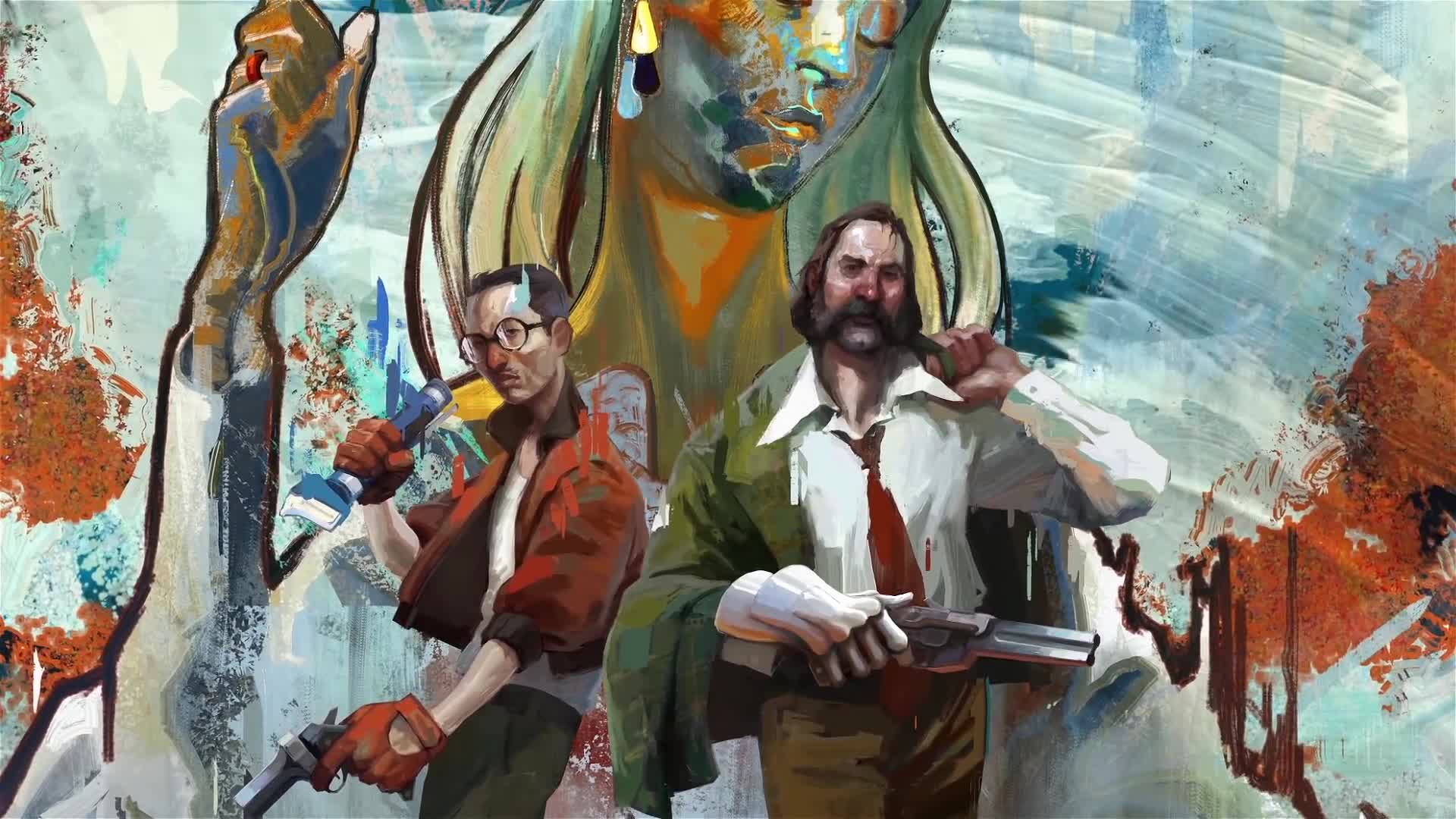
I’m totally hooked on this RPG! It’s all about talking to people and solving mysteries, but it’s not just about what you say, it’s how you approach things. The game, made by ZA/UM, lets you shape your detective’s personality and even how they think! What’s really cool is that failing a skill check doesn’t usually stop you – it just sends you down a different path, opening up new clues. Your choices about politics, what you wear, even what you take, affect how people react and what options become available. Seriously, where you explore first in the city of Martinaise can completely change the story – you can miss entire quests or find totally different ways to solve them!
‘Planescape: Torment’ (1999)
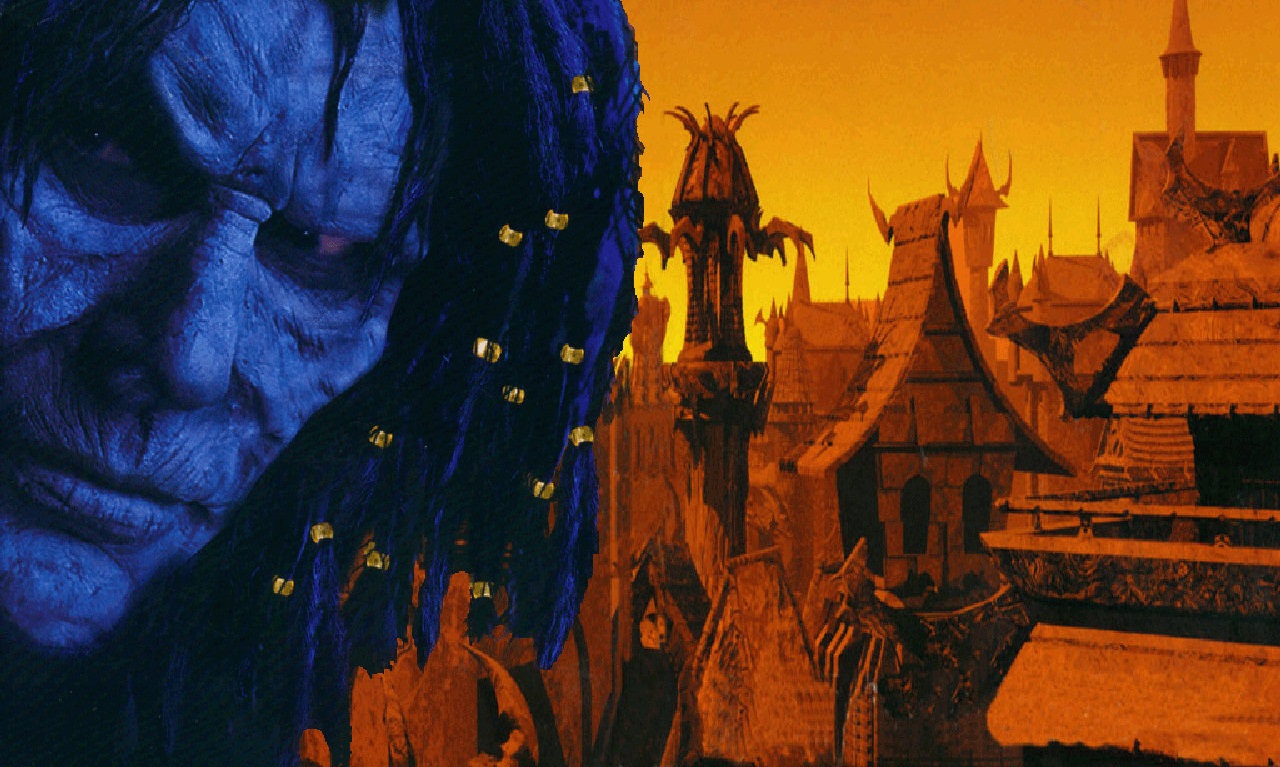
This Dungeons & Dragons role-playing game, created by Black Isle Studios, focuses on the character known as The Nameless One. Unlike many RPGs, it emphasizes conversation and your beliefs to determine what happens, rather than relying on fighting. Your decisions impact your companions, how different groups see you, and the city of Sigil itself, leading to several different endings. Skills like Wisdom and Intelligence unlock unique dialogue options and reveal hidden lore. You can often complete quests through talking and reasoning, and you can approach situations in different ways with varying results.
‘The Witcher 3: Wild Hunt’ (2015)
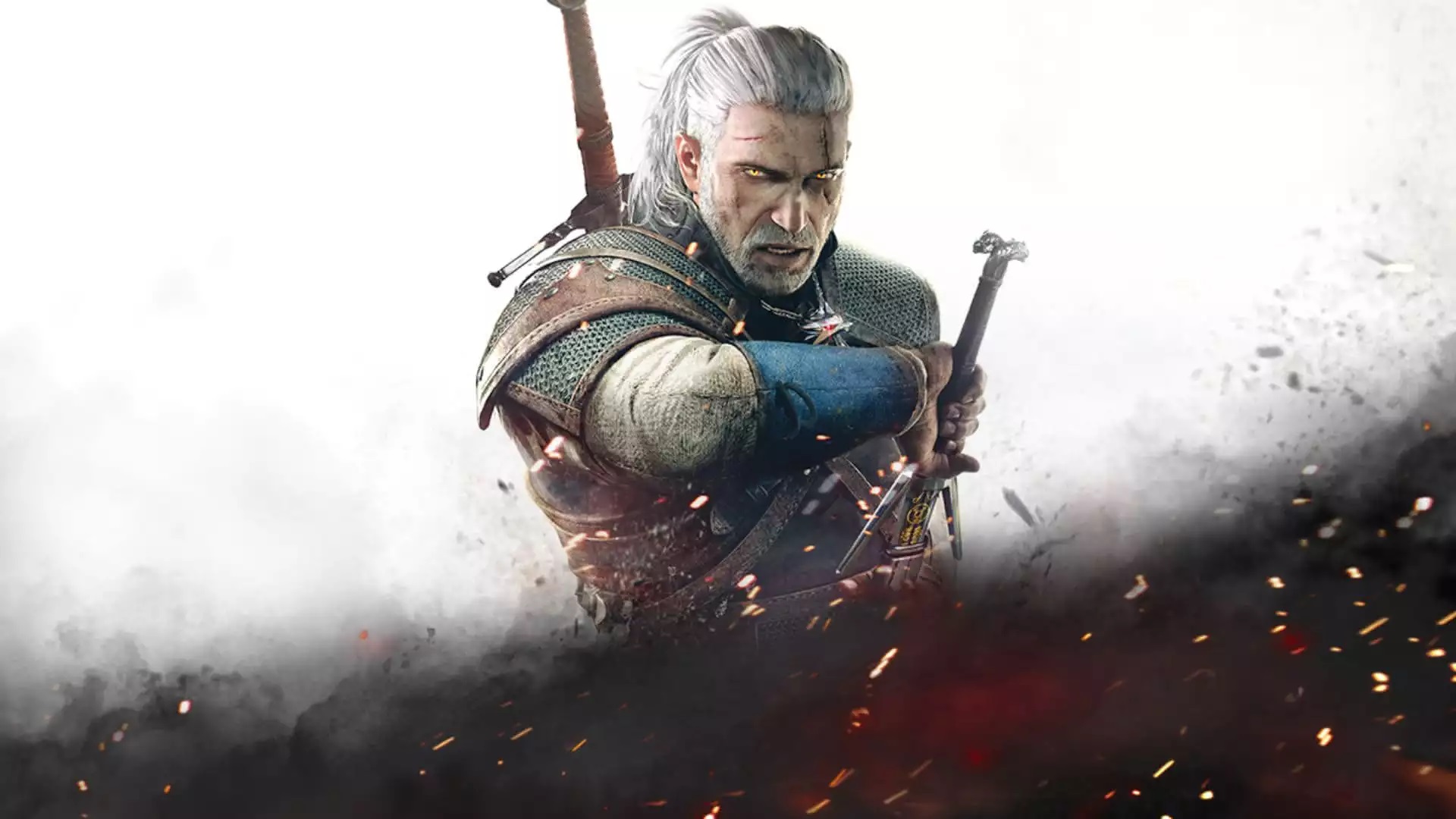
CD Projekt Red created quests with far-reaching consequences, impacting entire regions, from who rules to the fate of settlements and characters. Even seemingly minor side quests, like the one involving the Bloody Baron, unfold differently depending on how you investigate and what you say – it’s not just about making ‘good’ or ‘bad’ choices. When and how you complete tasks, or even if you miss opportunities, can open or close off different story paths. This design allows players to approach witcher contracts and personal goals in a flexible order, ultimately leading to unique and varied outcomes.
‘The Stanley Parable’ (2013)

Galactic Cafe’s unique comedy game puts you in a first-person story where your choices matter – specifically, whether you listen to or ignore the narrator. Every decision, big or small, leads to different commentary and multiple endings that you can discover in any order. The game is designed to make you feel like the author of your own story, with even minor detours prompting unique narration. Playing again reveals hidden connections and unexpected twists that change how you see your previous choices.
’80 Days’ (2014)
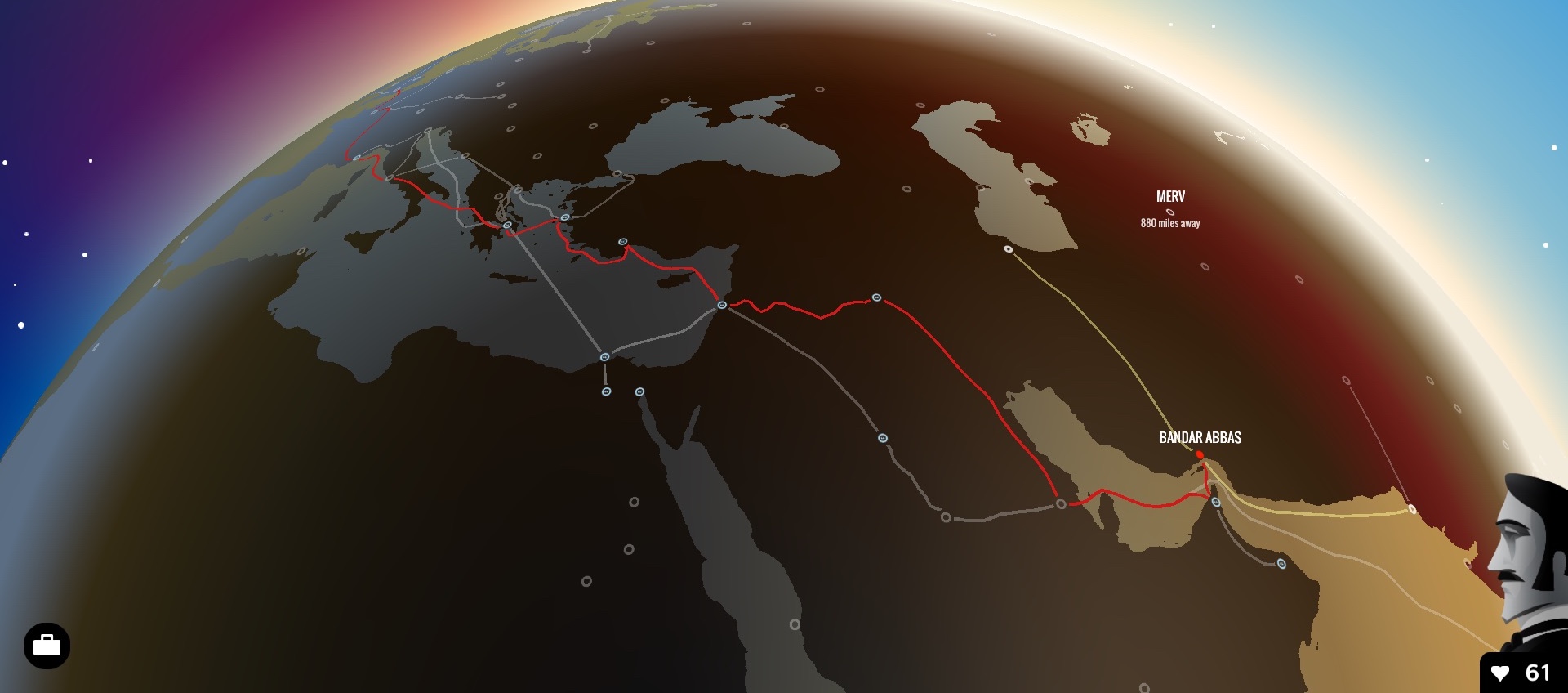
Inkle’s interactive story reimagines Jules Verne’s ‘Around the World in Eighty Days’ with a huge, branching network of possible routes created using their Ink engine. The game is built around interconnected story segments set in different cities, meaning your choice of travel – whether by train, airship, or submarine – unlocks unique characters and challenges. Limited time and money force you to make different decisions each time you play. Your relationship with Passepartout and the equipment you choose also affect the story and how it ends.
‘Detroit: Become Human’ (2018)
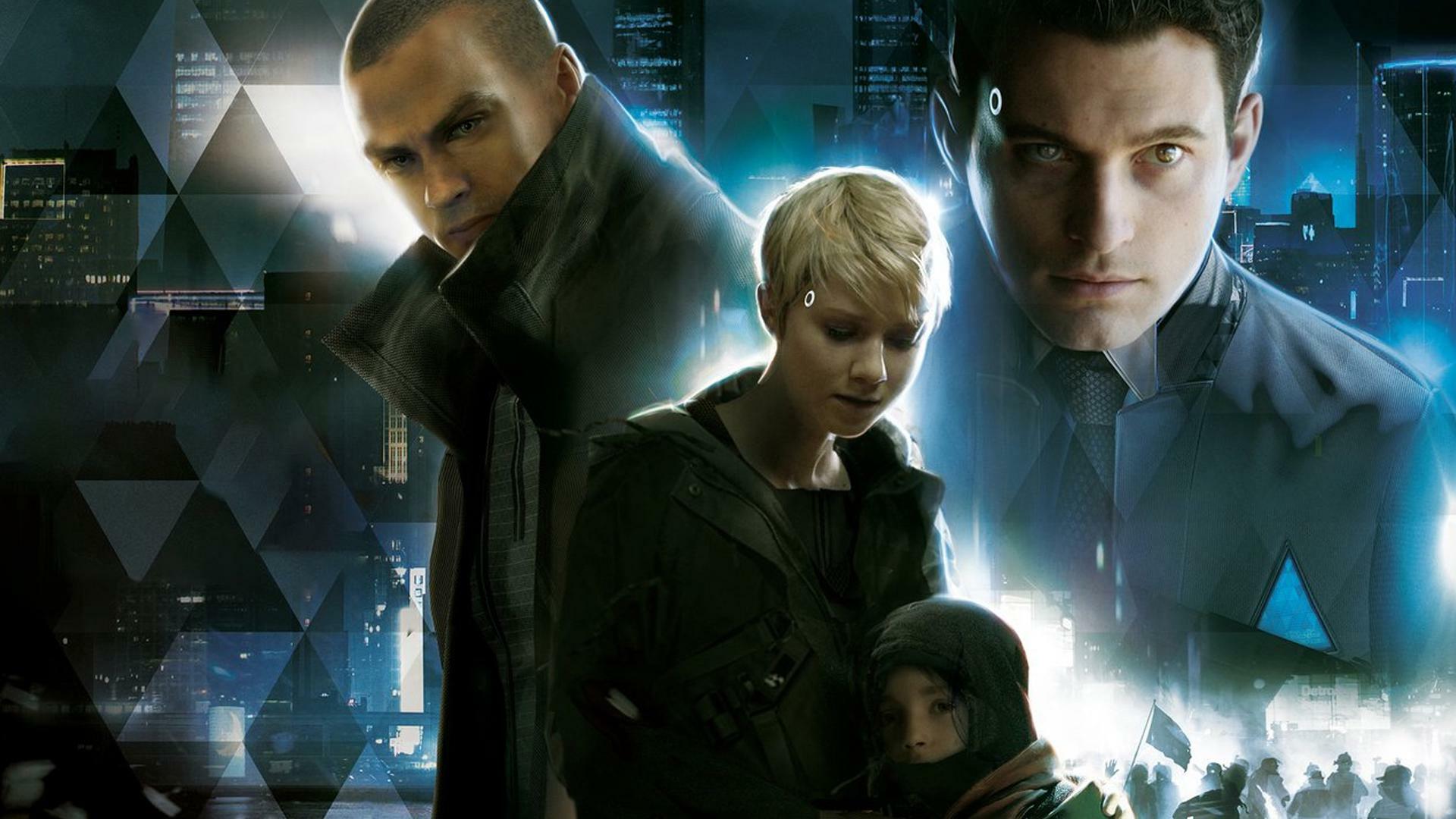
Quantic Dream carefully plans out every possible path the story can take for its three main characters, using detailed charts. The game remembers your choices – who lives or dies, what you find, and how you talk to others – and these decisions permanently change what happens next, sometimes even locking off entire sections or opening up new ones. Even a single event can play out very differently depending on how much connection you’ve built with other characters. This means each player’s experience as Connor, Kara, or Markus can be unique, with clues and challenges unfolding in a different order.
‘Until Dawn’ (2015)

In Supermassive Games’ latest title, even small choices can have huge consequences. The game carefully tracks everything you do – from whether you find hidden objects to how you speak to other characters and how well you perform in quick-time events. These choices subtly change the story, affecting things like the evidence you find, the paths you can take, and even which characters live or die. Because the game is divided into chapters, your relationships and investigations will unfold differently depending on who survives. What you learn on one path can even change how you understand dangers you’ve already faced.
‘Mass Effect 2’ (2010)
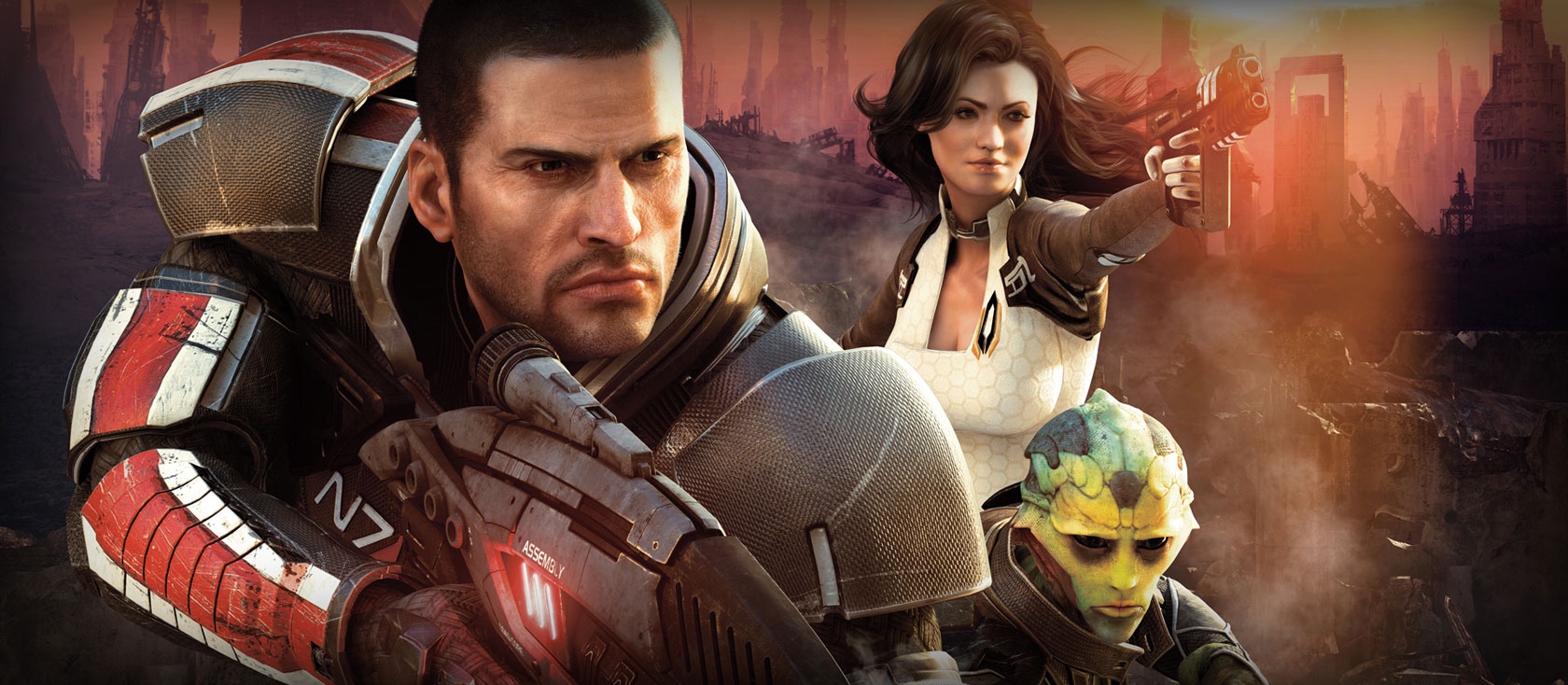
In BioWare’s games, the choices you make – like completing loyalty missions and upgrading your ship – have a real impact on how the final, critical mission plays out, creating different paths to success or failure. Who you recruit and when affects conversations and what missions become available. Your character’s skills and any clues you find unlock new options during conversations across the game. Plus, decisions from previous playthroughs can carry over, adding even more variety to your experience.
‘Baldur’s Gate 3’ (2023)
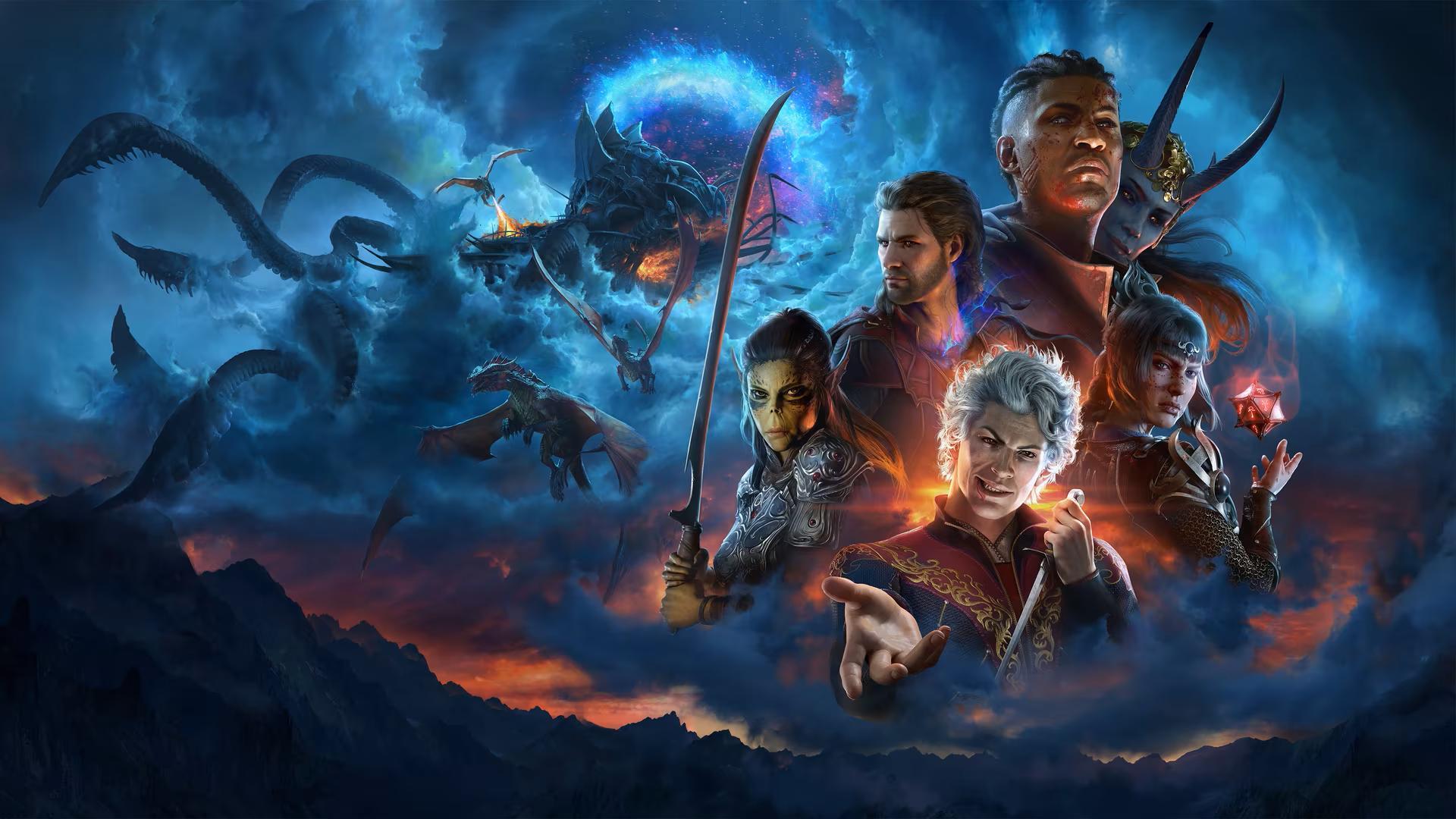
Larian Studios has built a game deeply rooted in the rules of Dungeons & Dragons 5th Edition, including dice rolls, strategic turn-based battles, and a world that reacts to your actions. You can play as one of the game’s unique ‘Origin’ characters, or have them join your party, and even failing challenges doesn’t stop the story—it simply changes its course. Your choices throughout the game—from Acts 1 to 3—have a significant impact, altering quests, changing how bosses behave, and even influencing the final outcome. The order in which you explore the world also matters, determining who you encounter and which conflicts you can resolve.
‘Undertale’ (2015)

Created by Toby Fox, this role-playing game carefully tracks your choices and actions, leading to different story paths – you can play as a pacifist, follow a neutral route, or even pursue a more destructive path, each with unique scenes. Instead of just fighting, you can often resolve encounters through clever actions that change how characters react and bosses behave. The game even remembers your previous playthroughs, referencing them in the story. Ultimately, how you explore the world and treat the characters determines the ending you receive and what happens later in the game.
‘Outer Wilds’ (2019)

In Outer Wilds, the developers at Mobius Digital created a unique 22-minute time loop. Instead of getting stronger, you progress by learning and uncovering secrets. You’re free to explore planets in any order you choose, and each discovery adds to a map of rumors, guiding you towards new clues. Because the universe constantly resets, you essentially design your own investigation, forging your own path to understanding. Importantly, clues you find on one planet can change how you approach challenges and solve puzzles on others.
‘Heaven’s Vault’ (2019)
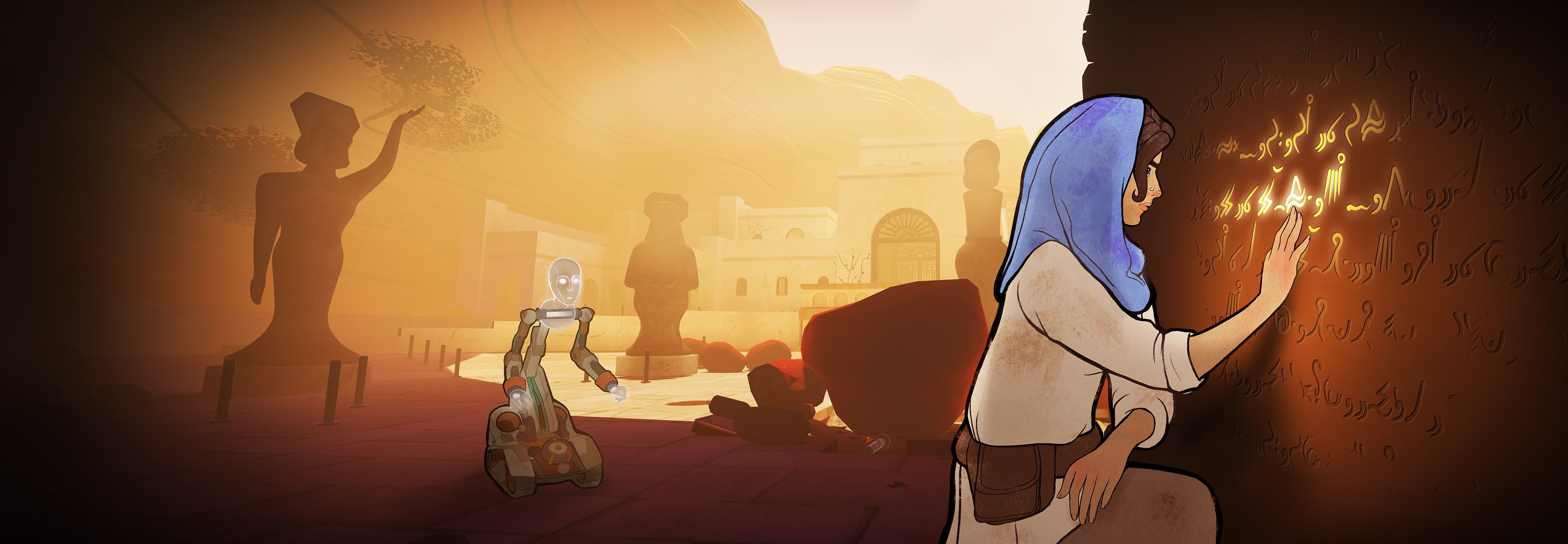
In this archaeology adventure from Inkle, you explore an ancient world by translating a lost language. Your interpretations aren’t just about understanding the past – they actually change the story, affecting what characters say and how events unfold. You navigate the Nebula by sailing freely, choosing where to go and who to meet. The game subtly adapts to your choices, meaning your earlier translations and relationships will shape what happens next.
‘Kentucky Route Zero’ (2020)
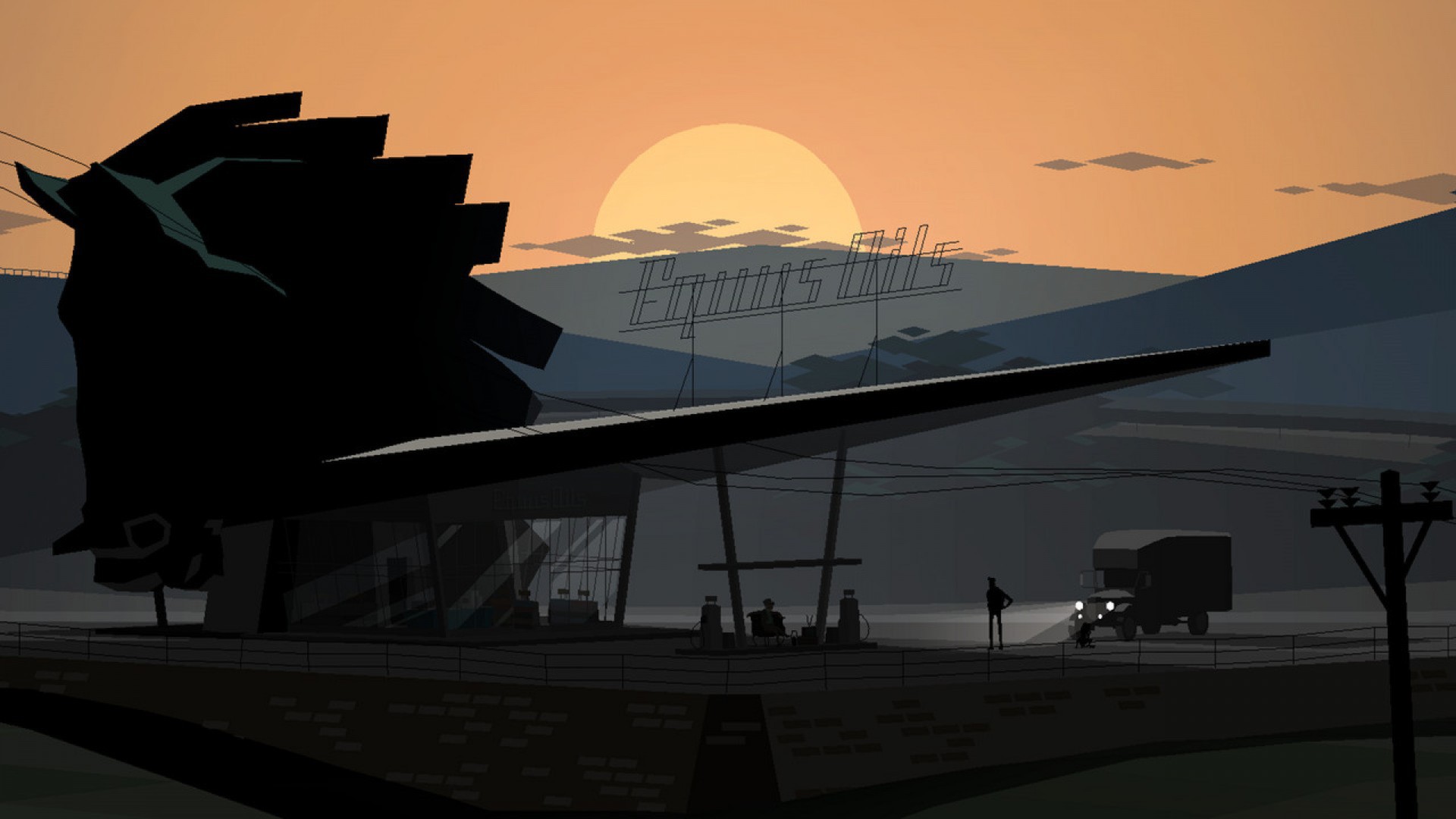
Okay, so I just finished playing this really cool road-mystery game, and it’s unlike anything I’ve experienced. It doesn’t really judge your choices as ‘good’ or ‘bad’. Instead, the things you say and do actually change the story around you. Like, picking certain dialogue options can completely shape who people think you are, what jobs you get, and even create whole scenes you wouldn’t see otherwise. It’s super flexible – you can explore different side stories and moments in almost any order, and that changes how characters interact. Basically, every playthrough feels unique because the story pieces fall together differently depending on what I choose to focus on. It’s like building a custom experience!
‘Chrono Trigger’ (1995)
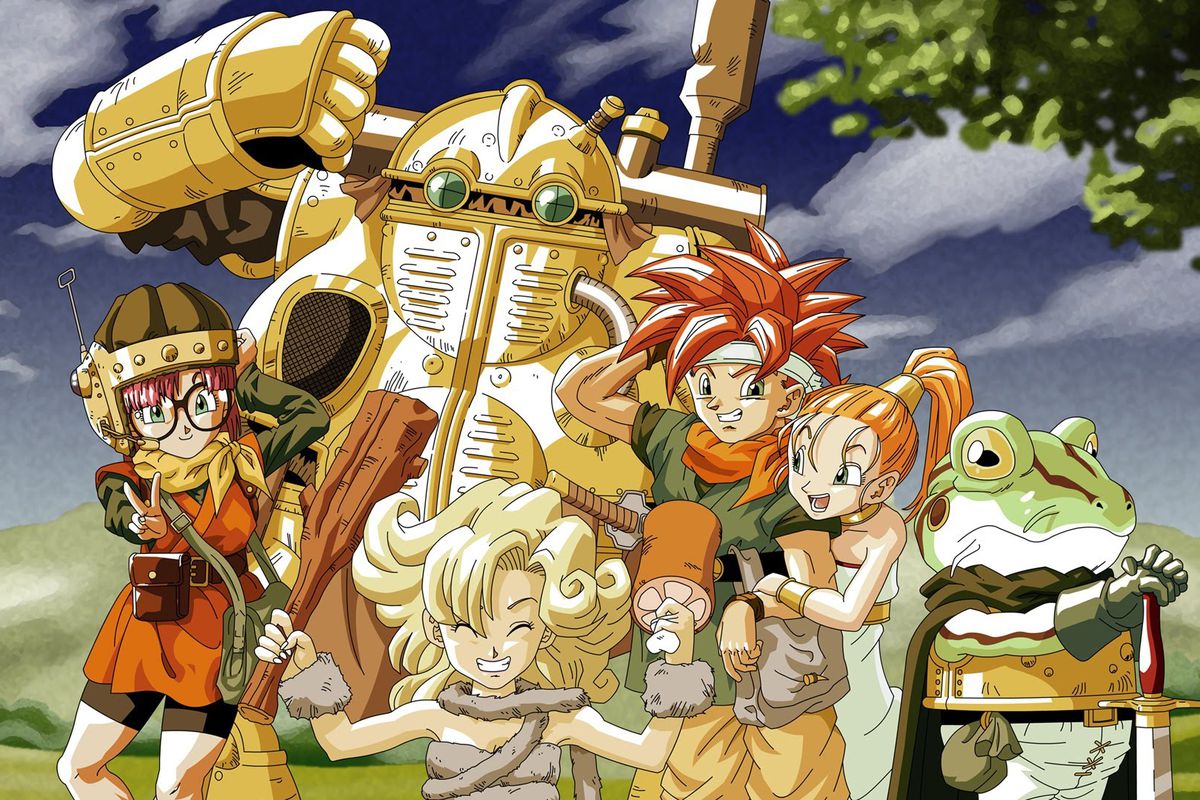
Okay, so in this game, Square Enix really did something cool with time travel. Basically, the choices you make and even when you finish quests can seriously mess with the future – like, changing whole eras and how the world looks. Plus, New Game+ lets you jump to the endings super early, and there are a TON of different ones, with really detailed epilogues. There are also these optional storylines, like rebuilding kingdoms or helping out your friends, and those actually change stuff later on. And the best part? Most sidequests aren’t locked, so you can tackle them in pretty much any order you want, letting you shape the story how you want it to go.
‘Pathologic 2’ (2019)
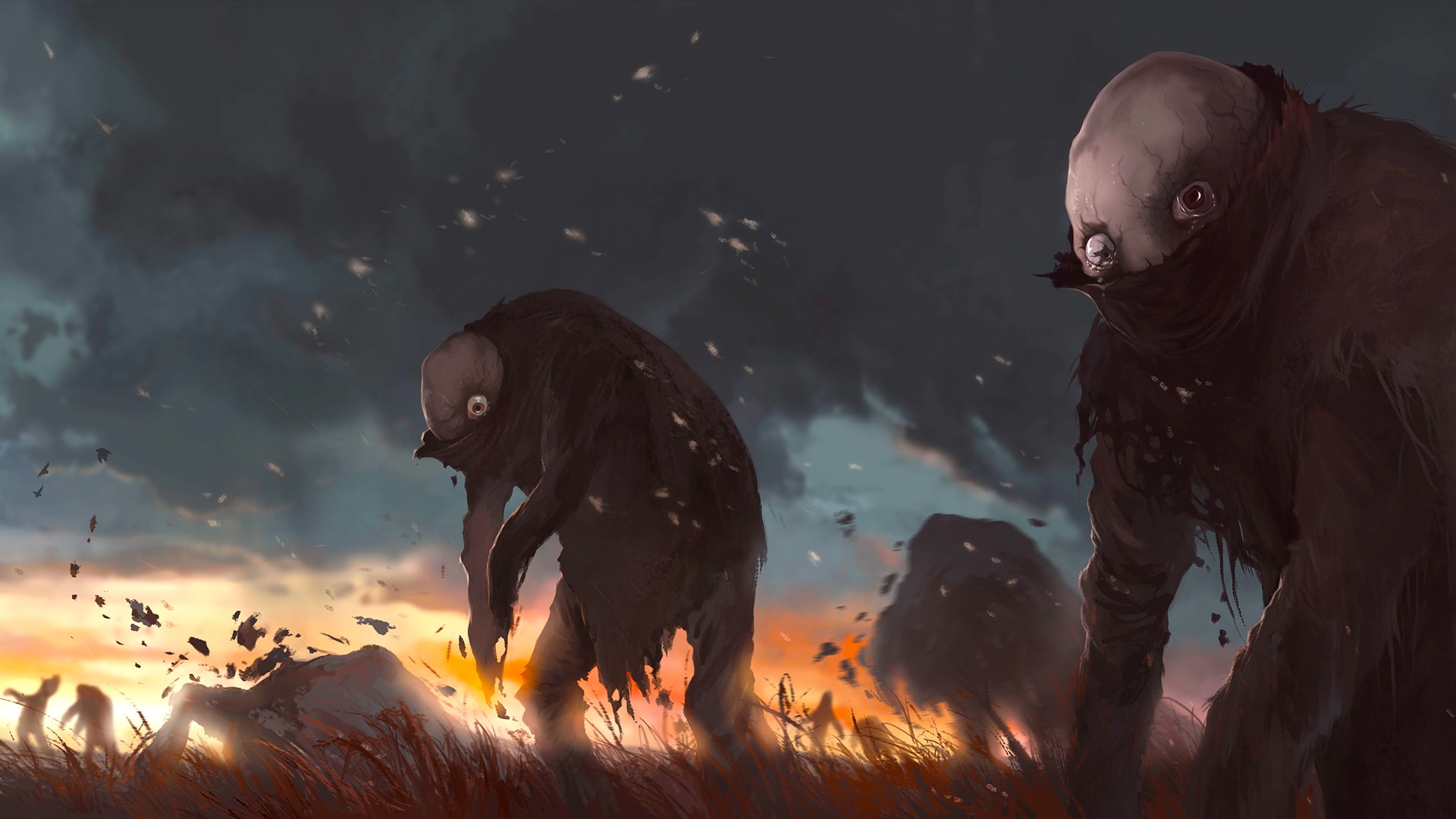
Ice-Pick Lodge has revamped its beloved game, turning it into a tense survival experience where time keeps moving, even if you don’t. You’ll need to manage limited resources and decide who to help, as these choices directly impact the town and its people. Quests change or disappear if you don’t complete them quickly, leading to unexpected outcomes and missed opportunities. Your conversations and difficult decisions will determine which parts of the town thrive and what secrets you uncover.
‘Return of the Obra Dinn’ (2018)

Lucas Pope’s game lets you piece together what happened to the crew in any way you choose. It reveals glimpses of each person’s death out of order, and correctly figuring out who died unlocks more of the story. There are no on-screen hints or directions, so how you solve the mystery determines how the narrative unfolds, making each player’s experience different. You advance by making connections and drawing your own conclusions.
‘Fallout: New Vegas’ (2010)
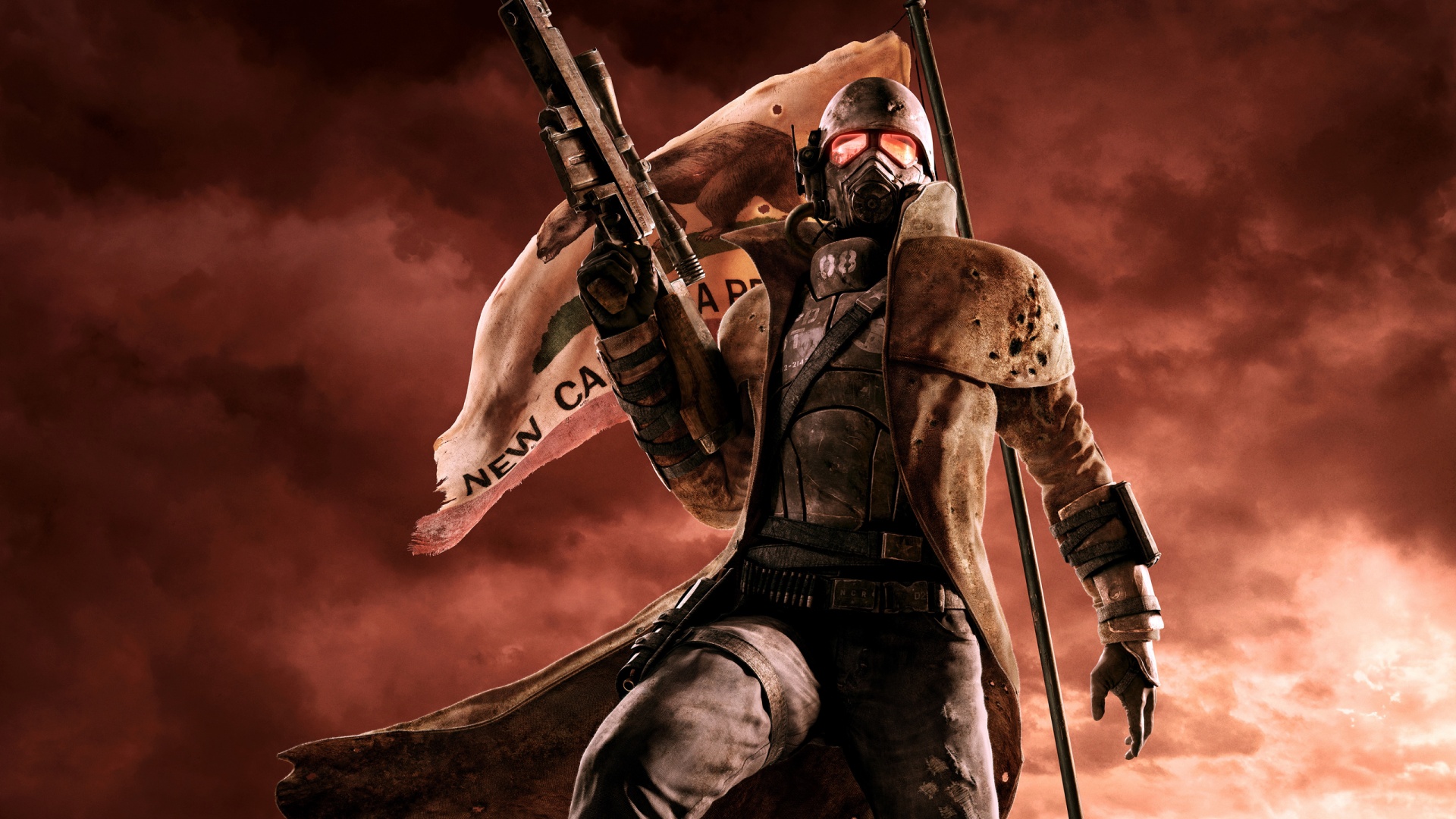
In Obsidian’s Mojave Wasteland, your choices truly matter. Aligning with different factions impacts the main story and the fate of settlements. You can often talk or trade your way out of trouble, and your skills unlock unique solutions to problems. Completing side quests and companion storylines can change the balance of power in the region, ultimately affecting the final battle for the Hoover Dam. Even the order in which you explore areas determines who will ask for your help and which conflicts you can resolve.
‘NieR: Automata’ (2017)
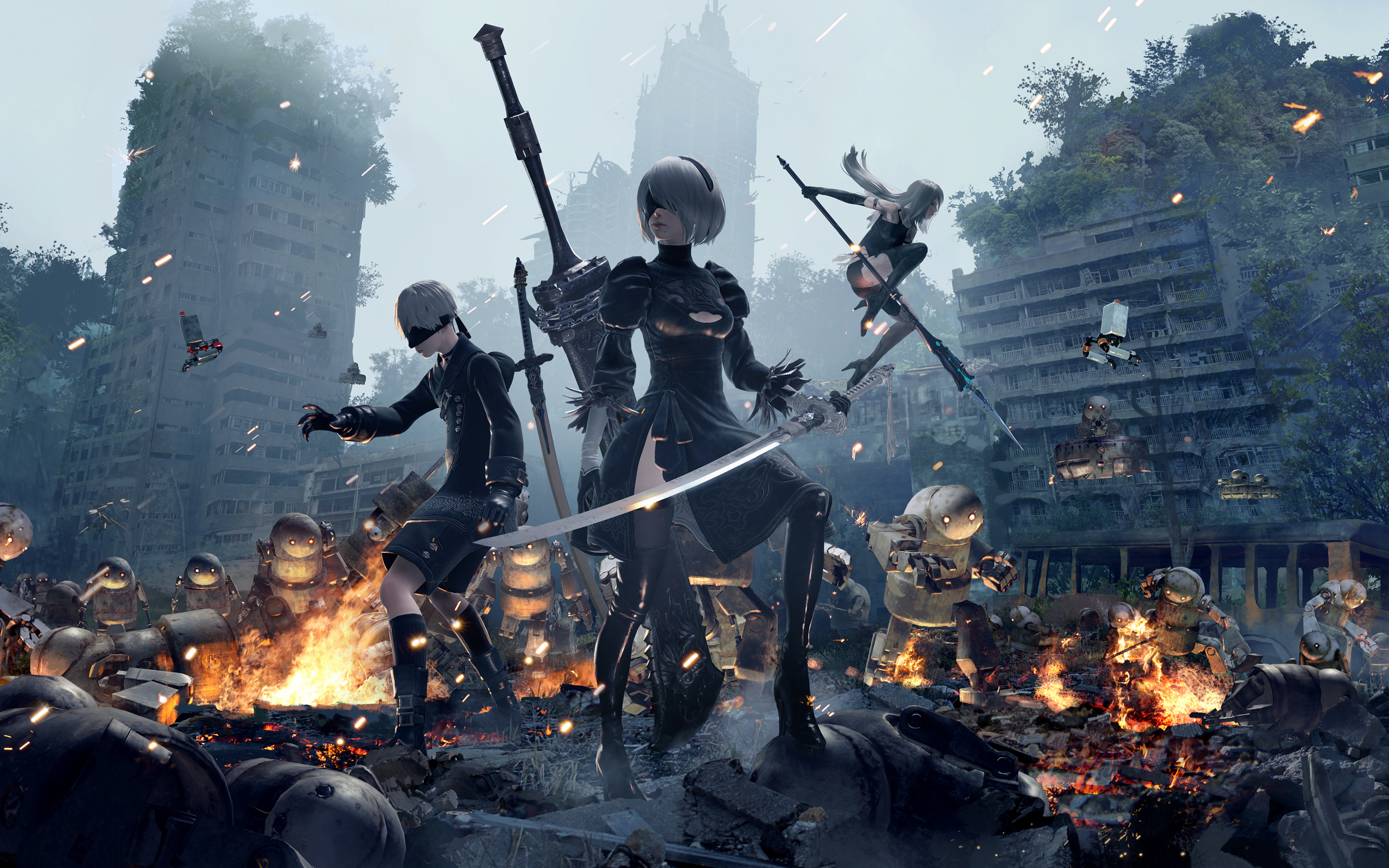
PlatinumGames designed the game with multiple playthroughs, or “routes,” that change how you understand earlier parts of the story by offering fresh viewpoints and gameplay. As you unlock endings A through E, you’ll uncover deeper story elements, and your choices and skill level will actually change what you see and what becomes available. Extra content like data logs, side quests, and weapon backstories further enrich the experience, even altering events later in the game. The game even remembers your choices across save files and incorporates them into the ending credits, making your decisions a core part of the narrative.
‘The Forgotten City’ (2021)
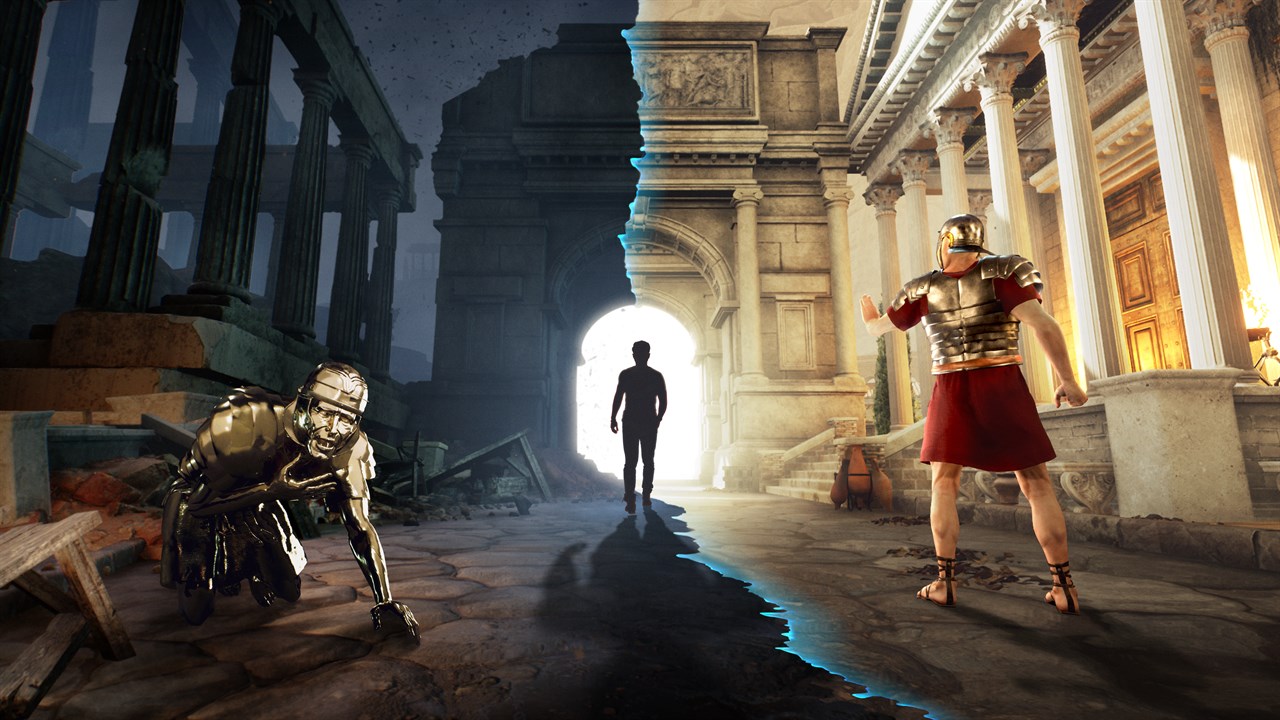
In Modern Storyteller’s mystery game, you investigate clues in a small, ancient town, and you can follow them in any order you choose. Solving problems for one person can reveal information about others, and what you learn stays with you even when time resets. Your choices in conversations, ethical decisions, and discovered shortcuts all lead to different paths and multiple endings. The game rewards trying new things, letting you use what you’ve already figured out to change how conversations and events unfold.
‘Sunless Sea’ (2015)

Failbetter Games’ roguelike game takes place in the world of Fallen London, telling stories through short, changing ‘storylets’. What happens on each journey depends on your goals, relationships with crew members, and the information you gather. Because resources are limited and death is permanent, every captain will experience a unique story. The game’s unpredictable events and the trade routes you choose further influence how your adventure unfolds.
‘Alpha Protocol’ (2010)
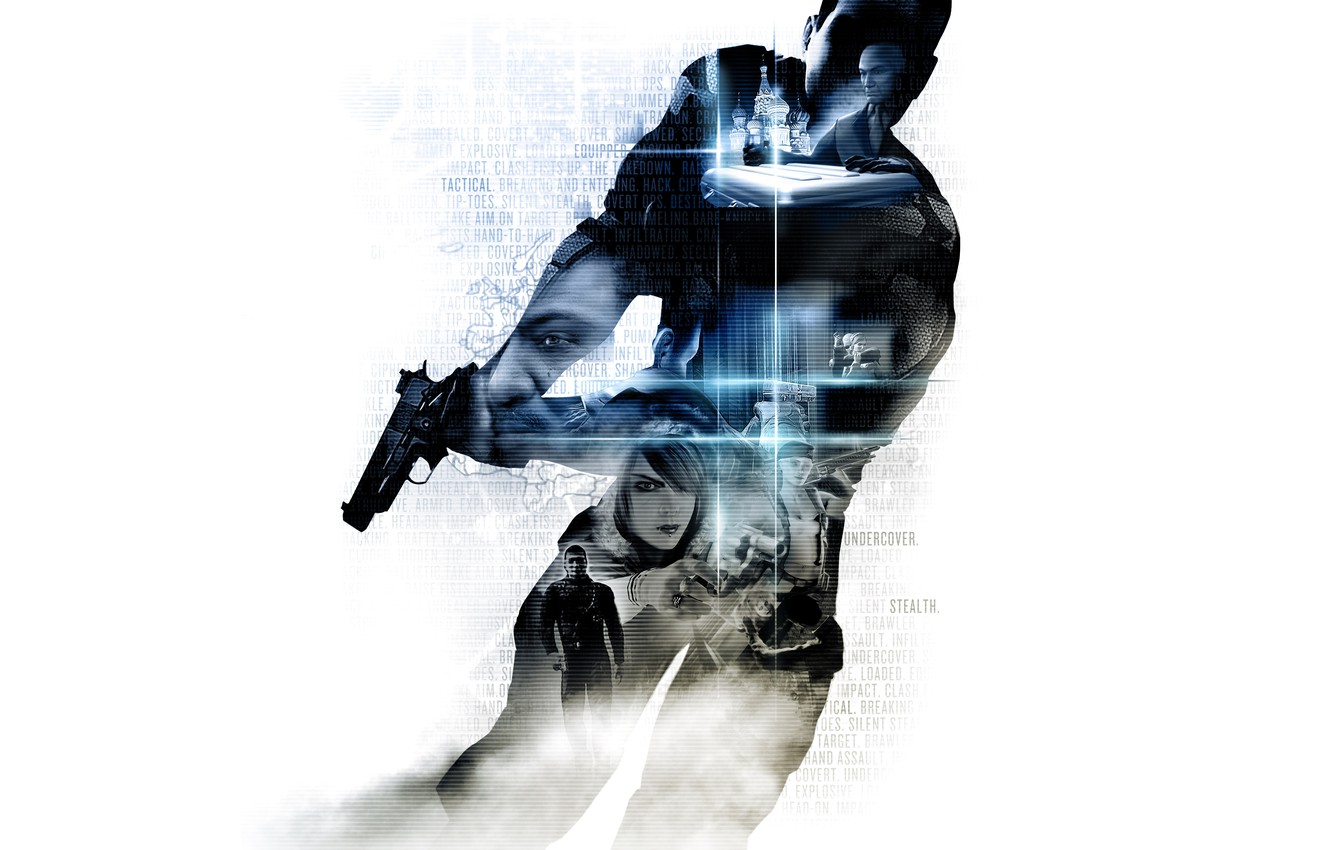
Okay, so in this RPG by Obsidian, conversations aren’t just about what you say, but how and when. It’s a ‘stance-based’ system, and it seriously affects who trusts you and what information they’ll share. What’s cool is that the order you tackle missions matters – it changes who’ll have your back later on, and even what enemies or safe spots you’ll find. Plus, things like reading emails, finding secret files, and even the gear I choose all change how my missions play out. Basically, my choices really matter, leading to different endings and even variations during missions, all based on the relationships I build. It’s a pretty deep system!
Share your favorite non-linear moments—and the games we missed—in the comments!
Read More
- 39th Developer Notes: 2.5th Anniversary Update
- Shocking Split! Electric Coin Company Leaves Zcash Over Governance Row! 😲
- Live-Action Movies That Whitewashed Anime Characters Fans Loved
- USD RUB PREDICTION
- Here’s Whats Inside the Nearly $1 Million Golden Globes Gift Bag
- All the Movies Coming to Paramount+ in January 2026
- Game of Thrones author George R. R. Martin’s starting point for Elden Ring evolved so drastically that Hidetaka Miyazaki reckons he’d be surprised how the open-world RPG turned out
- 8 Board Games That We Can’t Wait to Play in 2026
- South Korea’s Wild Bitcoin ETF Gamble: Can This Ever Work?
- TV Pilots Rejected by Networks
2025-11-13 04:20